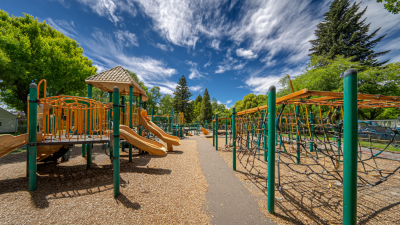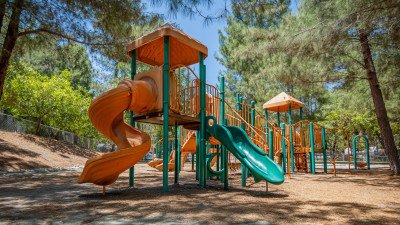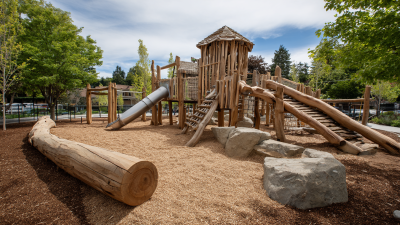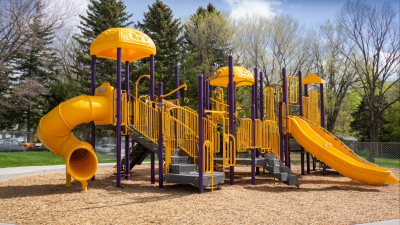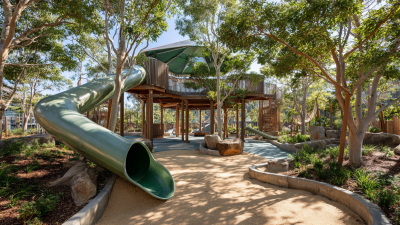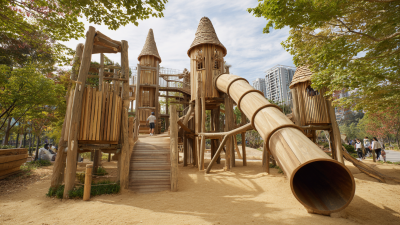 +86-13901441113
+86-13901441113




In 2023, the importance of outdoor play in children's physical development cannot be overstated, and one of the standout features of any playground is the Outdoor Playground Slide. This dynamic play structure not only provides endless fun and excitement for kids but also plays a crucial role in their physical growth and overall well-being. As children climb, slide, and repeat, they engage their muscles, improve balance, and enhance coordination. Furthermore, the social interactions that occur around these slides foster teamwork and communication skills. In this blog, we will explore seven essential benefits of Outdoor Playground Slides, illustrating how they contribute significantly to healthy childhood development. From boosting physical fitness to encouraging imaginative play, these slides are more than just a source of entertainment; they are vital tools for nurturing active and confident children.
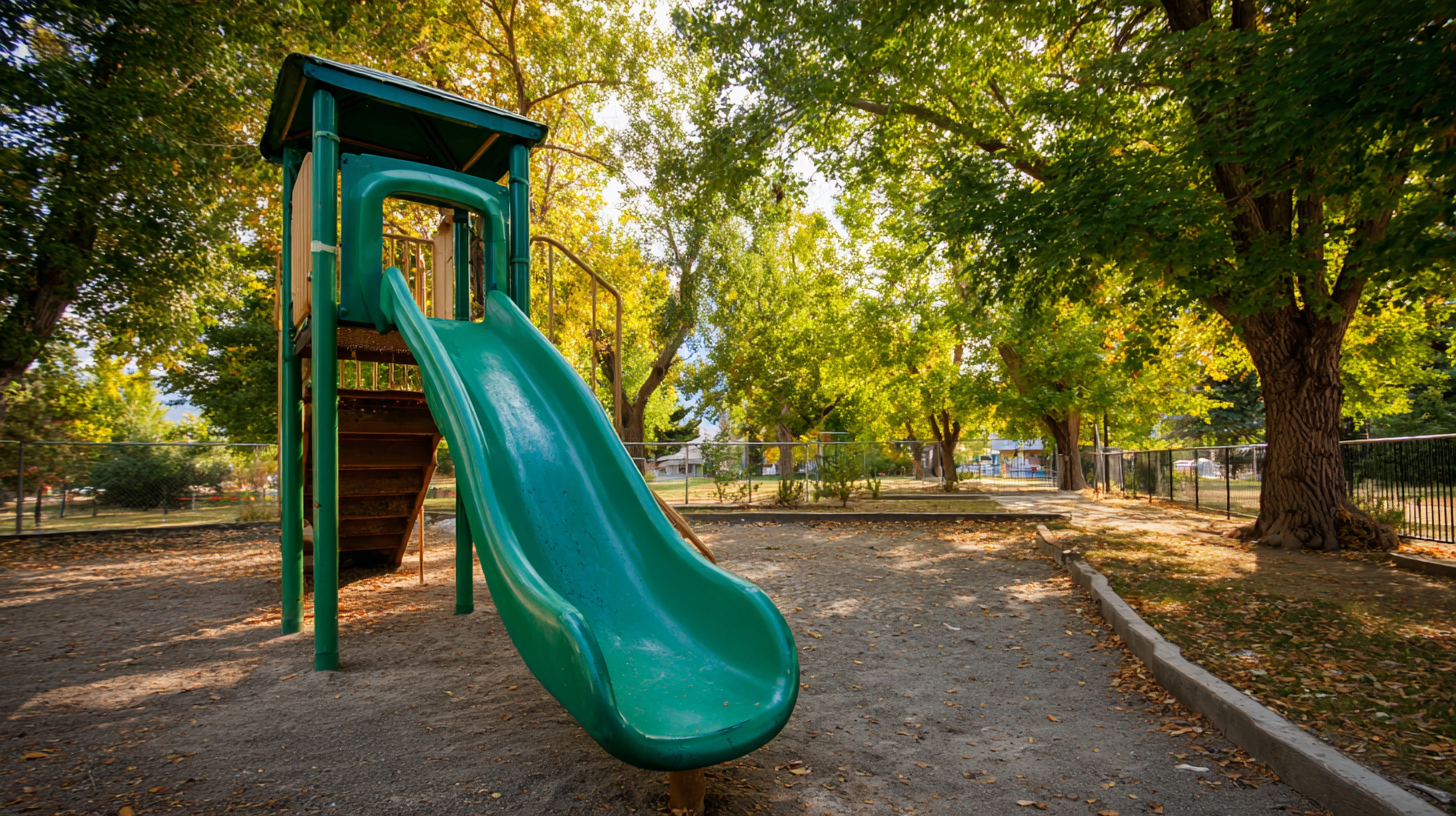
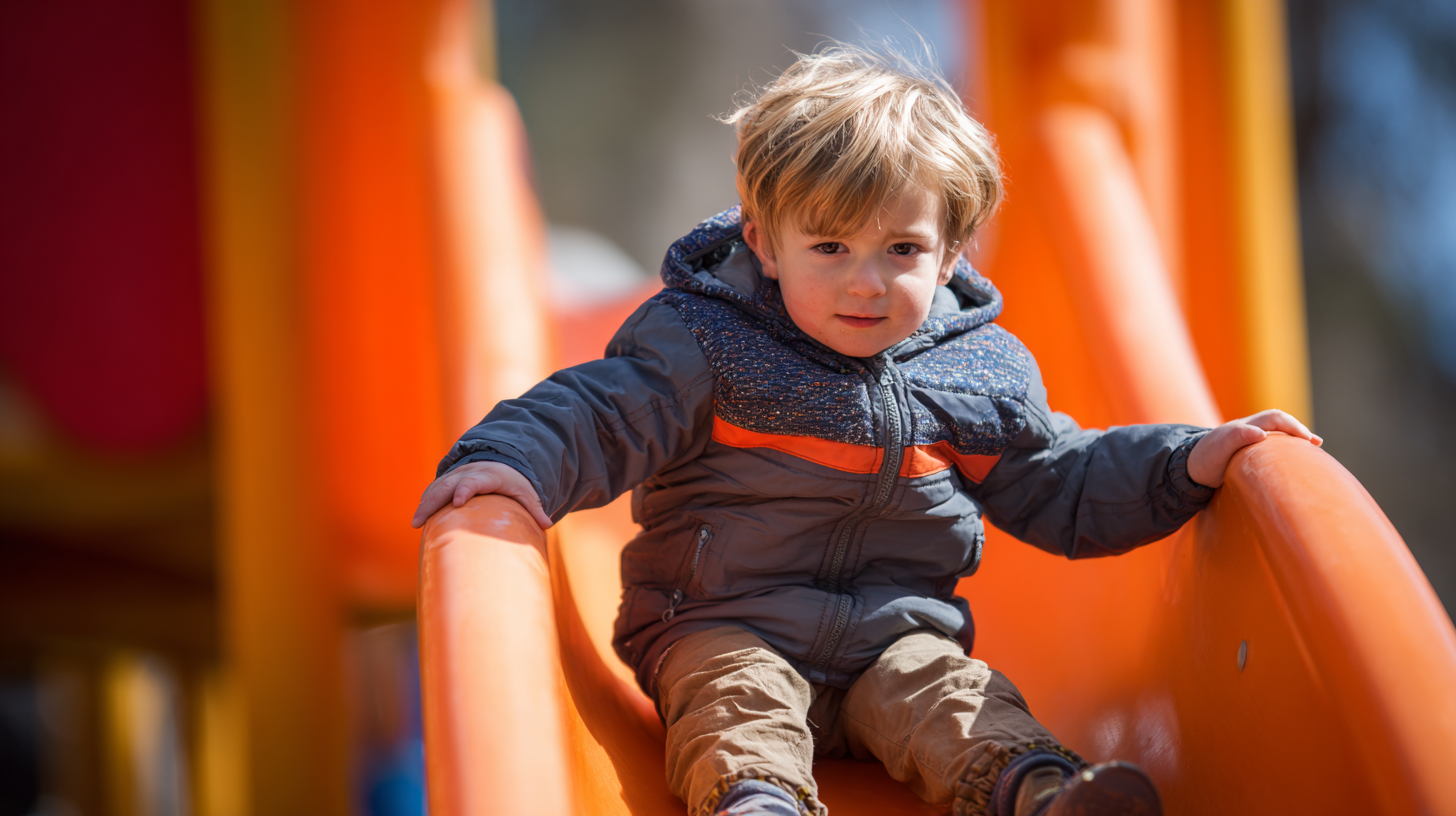 Outdoor playground slides play a significant role in enhancing children's motor skills development. As children climb up to the slide and navigate their way down, they engage various muscle groups, improving their strength, coordination, and balance. The action of climbing promotes upper and lower body development while sliding down enhances their kinesthetic awareness and spatial orientation, essential components of motor skill acquisition.
Outdoor playground slides play a significant role in enhancing children's motor skills development. As children climb up to the slide and navigate their way down, they engage various muscle groups, improving their strength, coordination, and balance. The action of climbing promotes upper and lower body development while sliding down enhances their kinesthetic awareness and spatial orientation, essential components of motor skill acquisition.
To maximize the benefits of slides, parents and caregivers can encourage children to try different sliding styles, such as belly flopping or sitting upright, which can further develop their control and balance. Additionally, incorporating games that require children to take turns or race to the slide can enhance social skills and teamwork, which are also crucial in their overall development.
Another tip is to choose playground equipment that provides a variety of heights and styles of slides, catering to children of different ages and abilities. This variety allows children to challenge themselves and build confidence as they master new skills, leading to greater engagement and physical fitness during playtime.
Outdoor playground slides are not just a source of fun; they play a crucial role in developing essential physical skills in preschoolers, particularly balance and coordination. When children slide down, they learn to manage their body weight and adjust their posture, enhancing their overall body awareness. This activity involves shifting and redistributing weight, which is vital for improving balance. As they climb up the slide, they also engage their muscles, further refining their coordination skills through repeated practice.
Tips for parents include encouraging kids to use slides of various heights and styles. Different slide designs can challenge young bodies in unique ways, promoting adaptability and improving their ability to stay balanced. Creating a safe environment where children can practice sliding autonomously allows them to gain confidence in their abilities, which translates into better performance in other physical activities.
Moreover, supervision is key to ensuring safety while engaging in sliding activities. Encourage preschoolers to take turns and teach them how to wait for their turn calmly. This not only enhances their patience but also fosters social skills as they coordinate with peers. Integrating sliding with playful, structured games can further amplify the benefits, making physical development both enjoyable and effective.
Playground slides are not just about the thrill of sliding down; they play a crucial role in fostering social interaction and cooperative play among children. As kids take turns and cheer each other on, they learn the values of patience, sharing, and teamwork. This environment encourages them to communicate and express themselves, building essential social skills that will benefit them throughout their lives.
Tip: Create a friendly atmosphere by encouraging groups of children to engage in slide games that involve teamwork, such as a relay race or a slide challenge. These activities not only enhance their sliding experiences but also nurture collaboration and friendship.
Moreover, slides provide a natural setting for kids to meet and connect with peers. While they wait to slide, children can chat, share stories, and form bonds. This unstructured playtime is vital for developing their emotional intelligence and conflict resolution skills, as they learn to navigate interactions with others in a playful environment.
Tip: Encourage role-playing scenarios at the playground, where children can take on different roles, like a pirate or explorer, while using the slide. This imaginative play fosters creativity and strengthens their social ties as they work together to create a fun adventure.
| Benefit | Description | Physical Development Impact | Social Interaction |
|---|---|---|---|
| Balance Improvement | Climbing and sliding helps children develop better balance. | Enhancement of core strength and stability. | Encourages teamwork during group climbs. |
| Coordination Skills | Navigating slides requires hand-eye coordination. | Improves motor skills necessary for sports. | Encourages children to look out for each other while playing. |
| Strength Building | Climbing to the slide enhances upper body strength. | Develops muscles in arms, legs, and back. | Fosters friendships through collaborative fun. |
| Confidence Boost | Sliding down provides a rush of excitement. | Encourages children to try new things and take risks. | Kids cheering for each other creates bonds. |
| Social Skills Development | Sliding requires taking turns and sharing space. | Develops patience and fairness among peers. | Promotes communication and cooperation. |
| Stress Relief | Physical activity is a great way to relieve stress. | Helps kids manage anxiety and improve well-being. | Playful interactions help in building friendships. |
| Creativity and Imagination | Slides can be part of imaginative play scenarios. | Encourages creative physical expression. | Enhances role-playing and storytelling with peers. |
Outdoor playground slides are more than just a source of entertainment; they are essential tools for promoting physical fitness and healthy growth in children. Engaging with slides allows kids to develop crucial motor skills as they climb, slide, and navigate their way through playsets. This physical interaction not only builds strength but also enhances coordination and balance, which are vital components of a child's overall development.
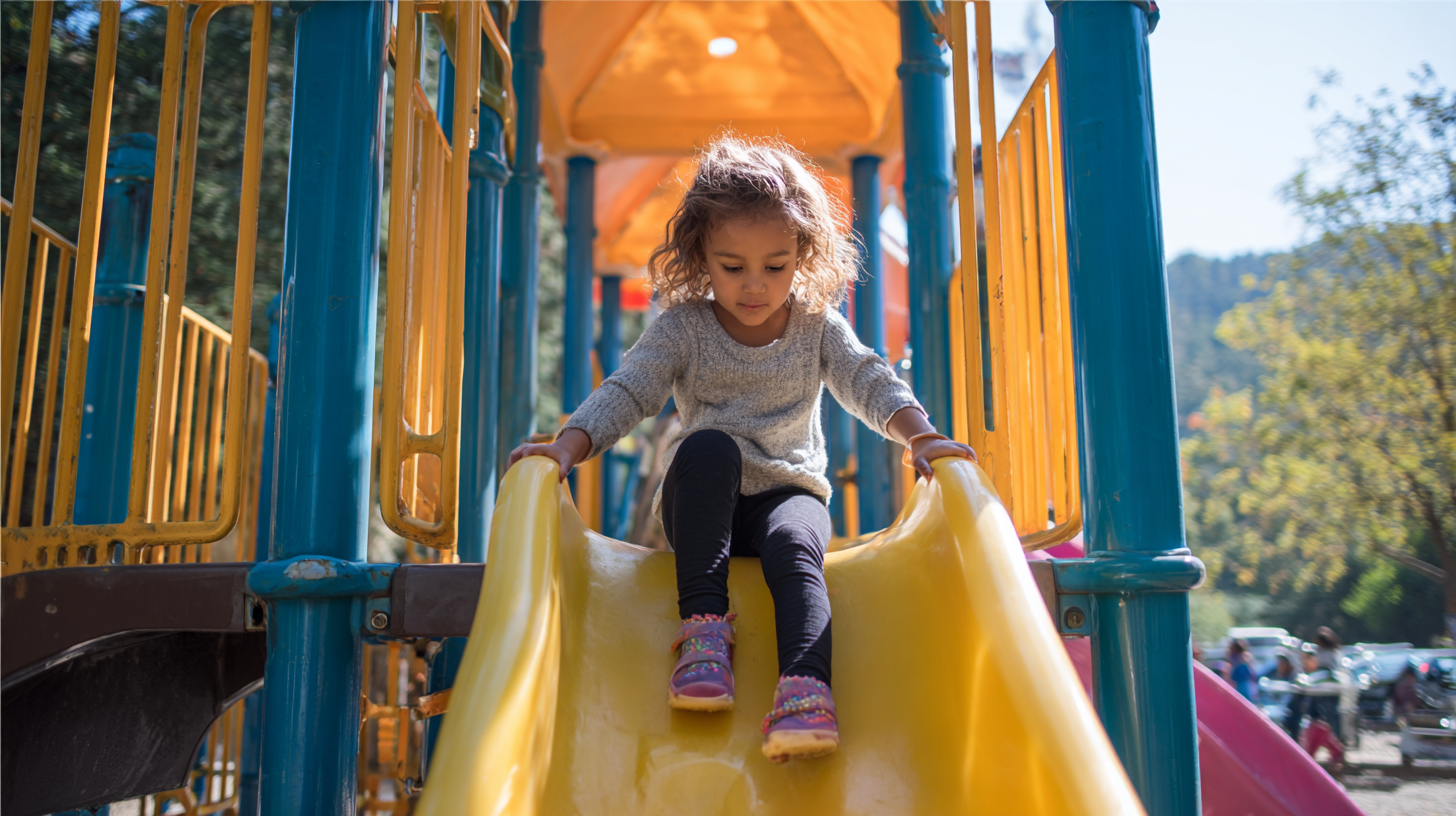
Research highlights the connection between active play and improved health outcomes for children. Engaging in outdoor play, such as using slides, encourages kids to be more physically active, reducing the risk of obesity and related health issues. Additionally, the excitement of sliding down can stimulate cardiovascular fitness, promoting heart health while boosting mood and social interaction among peers. By incorporating playsets into their daily routine, children benefit from a holistic approach to fitness and well-being, laying a strong foundation for a healthy lifestyle in the years to come.
Outdoor sliding play is not only a joyful experience for children but also offers significant long-term psychological advantages vital for childhood development. Engaging with playground slides encourages children to take risks in a safe environment, fostering their ability to assess challenges and overcome fears. This early exposure to excitement and adventure helps build resilience—a crucial trait that influences how they handle stress and setbacks later in life.
Moreover, the social interactions that occur during sliding play promote the development of essential interpersonal skills. Children learn how to cooperate, take turns, and communicate effectively with peers while navigating playground dynamics. These interactions boost self-esteem and confidence, as they are often celebrated when mastering the skill of sliding down with enthusiasm. As they share laughter and create memories, they cultivate friendships that contribute to a sense of belonging, which is fundamental for their social and emotional well-being in the long run.
